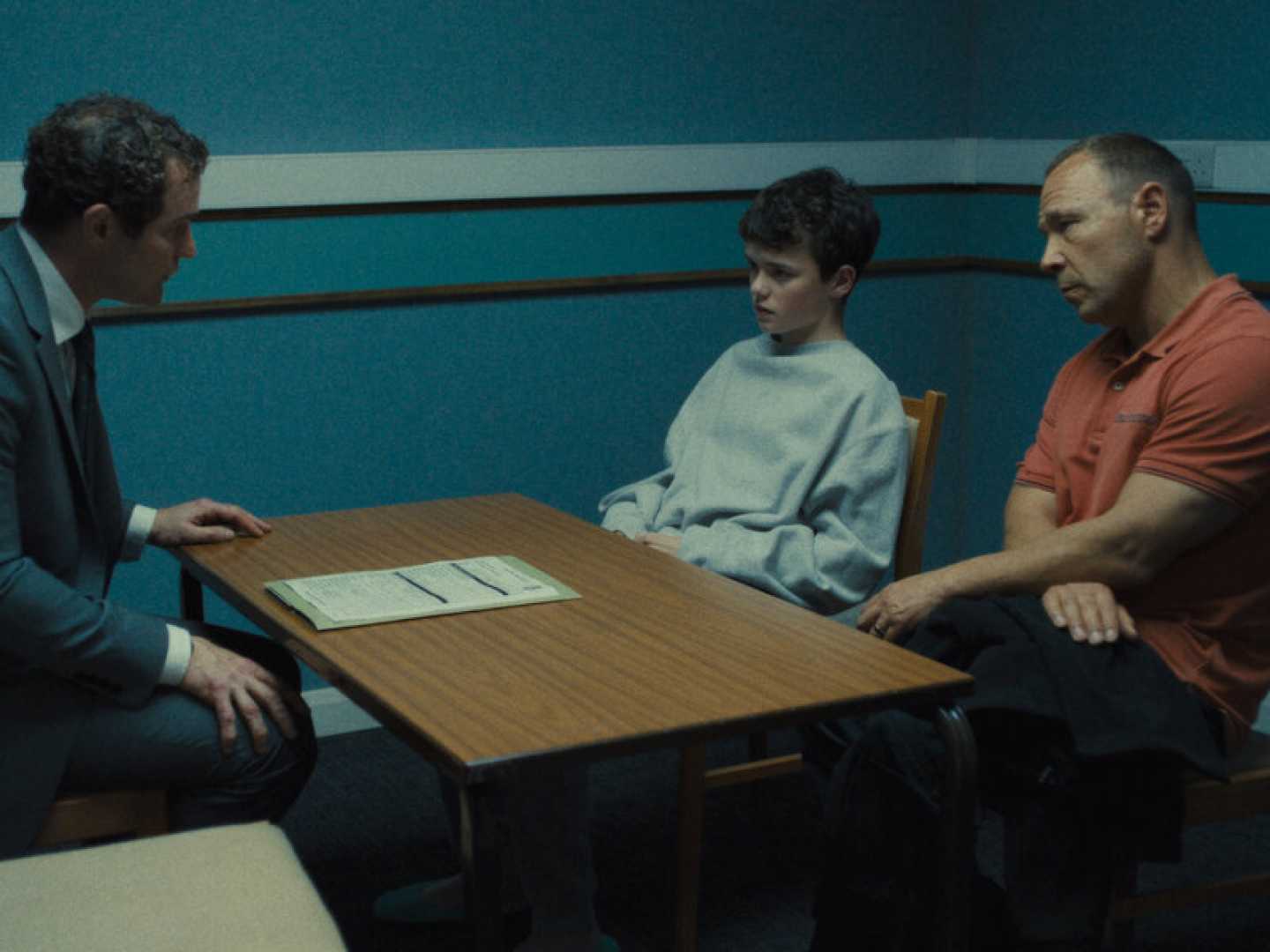News
Family Discusses Impact of Social Media After Watching ‘Adolescence’

WOLVERHAMPTON, England — A family’s candid discussion about social media’s impact on youth was sparked after viewing the controversial Netflix drama, ‘Adolescence.’ The show, which highlights the dangers of misogynistic online content and cyberbullying, resonated with parents and their 15-year-old son, Ben.
The family, consisting of mother Sophie, father Martin, and Ben, gathered in their living room following the show’s release to share thoughts on its themes. ‘It’s just weird to talk about your sexual feelings to your parents,’ Ben remarked, reflecting the general discomfort shared among teens. His parents encouraged the dialogue, aware of the rising concerns related to their son’s online interactions.
Ben’s apprehensive to engage in conversations about sex and pornography aligns with his parents’ worries regarding the accessibility of harmful content. They chose to watch ‘Adolescence’ together to better understand how its narrative might mirror their own experiences.
Sophie emphasized the necessity of maintaining an open household, stating, ‘We need to talk about everything.’ In preparation for their viewing, she compiled a list of discussion points, which included the portrayal of misogyny and the ‘manosphere’ in the series.
Set against the backdrop of a tragic narrative, the show follows protagonist Jamie, who faces legal troubles after being embroiled in a murder accusation linked to misogynistic bullying. Ben recognized elements of his life in Jamie’s story, especially the depiction of bullying and pressures from social media, though he believed it depicted only a fraction of the teenage experience.
During the discussion, Ben was surprised to learn about the term ‘incel’ from his father. ‘I’ve not heard ‘incel’ before,’ he said, indicating a gap in knowledge about certain online subcultures. His awareness of the ‘manosphere’ demonstrated a growing awareness of the risks posed by toxic masculinity portrayed online.
Martin expressed concern that ‘Adolescence’ might sensationalize its themes. He suggested the show could induce parental panic rather than inspire productive discussions. ‘It plays on every parent’s worst nightmare,’ he remarked, urging a balanced approach to addressing the depicted societal issues.
Further into their conversation, Ben shared his belief that pornography is a pressing issue among his peers, stating, ‘They rely on it. There are people in my year who’ll have such a bad day unless they watch it.’ His candidness highlighted the generational differences in discussions around sexuality and online content.
In a more positive light, Ben mentioned that he has had meaningful interactions with male role models, particularly in sports. Martin and Sophie underscored the importance of varied role models to combat damaging narratives promoted online.
As the conversation concluded, Ben noted that social media issues should be treated as real life, underscoring a disconnect between adult perceptions and teenage realities. His family hopes that open dialogue can shield him from falling prey to detrimental online influences.
Dr. Robert Lawson, an Associate Professor of Sociolinguistics, noted that meaningful conversations between parents and children remain paramount. He emphasized, ‘If all that the kids have is social media, then where do the other positive influences in their lives come from?’
The last episode of ‘Adolescence’ ignited national conversations about the influence of social media on young men, prompting hopes for increased parental engagement regarding online behaviors. The urgent need for these discussions highlights a broader cultural movement towards addressing the realities of growing up in the digital age.












